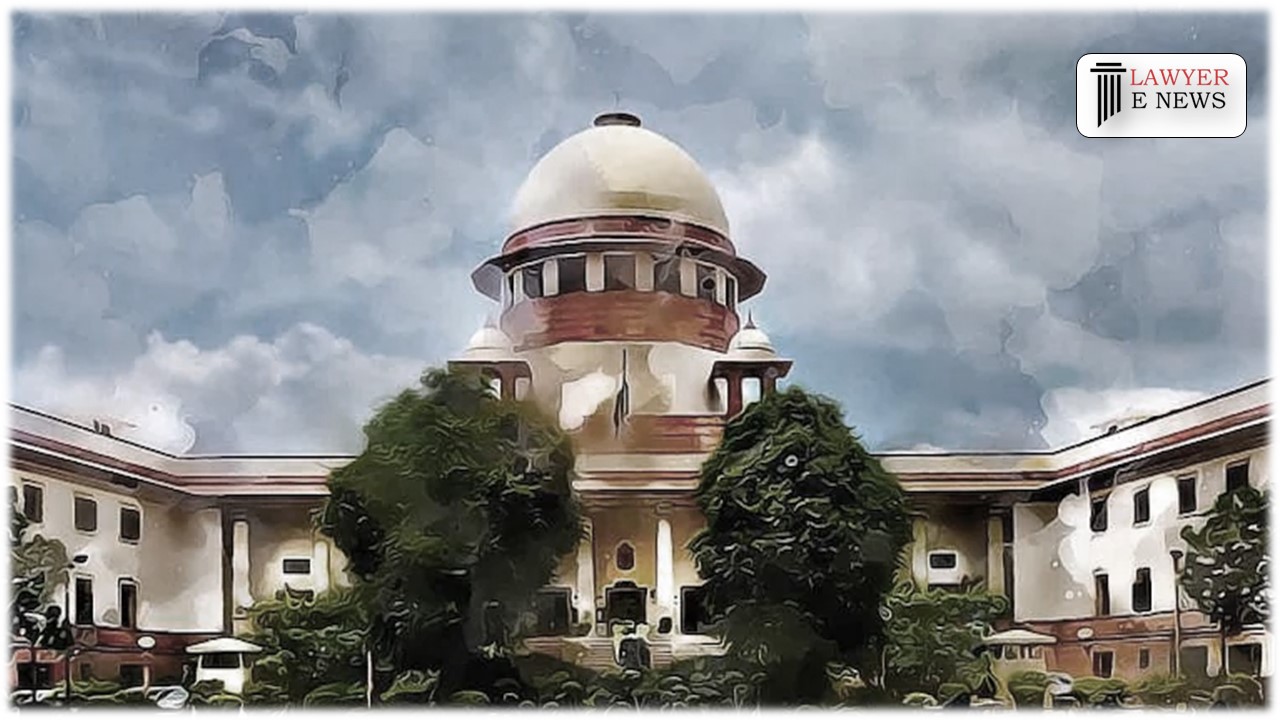-
by Admin
15 February 2026 2:36 AM



The Supreme Court held that compliance with Section 196-A of the CrPC, 1989, which requires appropriate authorization for prosecution under Section 120-B of the RPC, 1989, is mandatory. This procedural requirement must be met even in light of the Jammu and Kashmir Reorganisation Act, 2019.
Legal Point: The Supreme Court of India, in a significant ruling, emphasized the necessity of adhering to Section 196-A of the CrPC, 1989 for prosecution authorization under Section 120-B of the RPC, 1989. The Court also clarified that the CrPC, 1973 cannot be retrospectively applied to cure non-compliance under CrPC, 1989, despite the enactment of the Jammu and Kashmir Reorganisation Act, 2019.
The case originated from an attempt to ambush a CRPF convoy in Jammu and Kashmir using an explosive-laden vehicle.
The respondents were charged under various sections of the RPC, 1989, the Explosive Substances Act, 1908, and the UAPA, 1967.
The Special Judge, NIA, did not take cognizance of certain charges, citing non-compliance with procedural requirements under CrPC, 1989.
The High Court partially upheld the Special Judge's decision, which led to the present appeal by the National Investigation Agency (NIA).
The Supreme Court underscored the mandatory nature of compliance with Section 196-A for prosecution under Section 120-B of RPC, 1989. The Court stated, "The requirement of an authorization or an empowerment is mandatory for conveying a complaint."
The Court noted that the Special Judge, NIA, erred in concluding non-compliance with Section 196-A without granting liberty to seek appropriate authorization.
Retrospective vs. Prospective Application of CrPC, 1973:
The Court clarified that the CrPC, 1973, introduced by the Jammu and Kashmir Reorganisation Act, 2019, could not be applied retrospectively. The judgment stated, "CrPC, 1973 cannot be made applicable when the earlier one (CrPC, 1989) was still in force."
The Court highlighted that the investigation commenced under CrPC, 1989 could continue, but cognizance must follow the procedural mandates of CrPC, 1973 only post the appointed day (31.10.2019).
The Supreme Court identified the procedural defect as curable. The ruling emphasized, "A mere non-compliance of an earlier procedure mentioned in the repealed Code by itself would not enure to the benefit of an accused, the procedure being a curable one."
The Court directed the NIA to rectify the omission by obtaining the necessary authorization under Section 196-A of CrPC, 1989.
Decision: The Supreme Court allowed the appeal in part, directing the NIA to comply with the procedural mandate of Section 196-A of the CrPC, 1989, and to seek appropriate authorization. The Special Judge, NIA, is to take cognizance and proceed with the trial upon compliance.
Date of Decision: 17th May 2024
National Investigation Agency, New Delhi v. Owais Amin @ Cherry & Ors.
